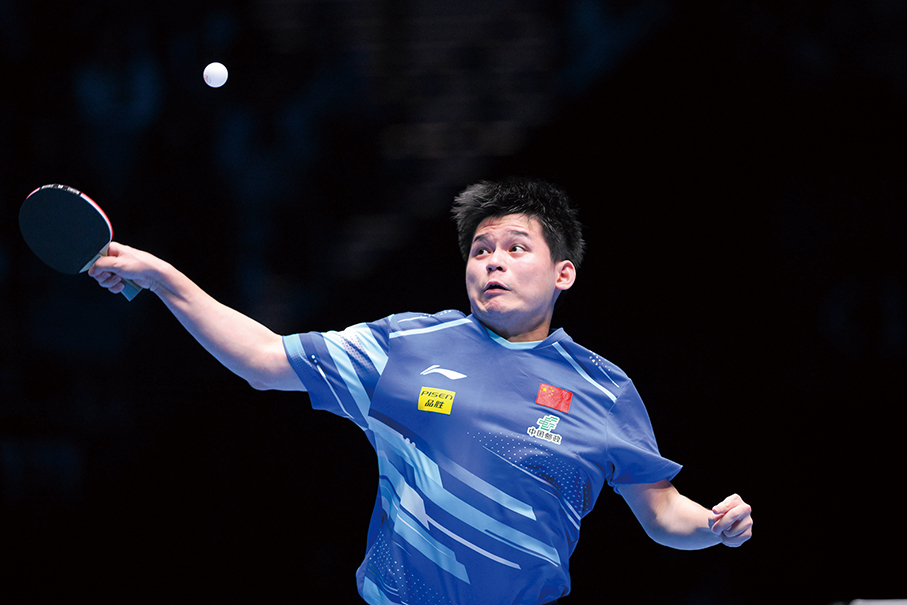China Daily Editorial
For a long time, some Western politicians, most vocally in the United States, have been trying to sever the ties between their countries and China. But for all the noise these blowhards make about alleged security threats and the imperativeness of decoupling China from the global economy, their sound and fury signifies nothing more than appeals to certain segments of the public.
The reality of the shared interests between the world’s two largest economies and the benefits both sides enjoy from their trade and economic relations are distorted into a simulacrum in which China is the sole beneficiary as a result of its underhand practices – a world turned upside down as the steel-capped boot is on the US foot not that of China. It is Washington, not Beijing, that is lashing out with a flurry of tariff and export restriction blows. But while these anti-Beijing town criers reveal their prejudices or calculatedness with their strident calls for “decoupling”, or the seemingly more nuanced “de-risking”, there are other voices, voices of reason, that can still be heard amid the anti-China clamor.
German pharmacy group Merck CEO Belen Garijo’s words about de-coupling not being “feasible”, for instance. “It will take 20 years to decouple, and for what?” she said recently. Global Counsel co-founder and chairman Peter Mandelson, too, has said that most business people do not want to see “this conflict between the US and China. They much prefer a managed competition between these great powers.” Mandelson, speaking after his trip to China at the beginning of this month, stressed that this is not only his view, but the view of all international businesspeople he spoke with during his trip, including US ones. And he is only one of the Western visitors to China over the past several weeks who have expressed their objection to “decoupling”.
Most of those calling for “decoupling” are populist politicians while those advocating maintaining good relations with China include both moderate politicians and businesspeople. It is the latter group that has a better handle on the real world. They know the absurdity of pretending the world’s second largest economy doesn’t exist or deny the role it plays as a major driver of the global economy.
The US government, perhaps having realized this, now avoids using the word “decoupling” in relations with China. But in deeds it’s still pressuring its semiconductor companies to cut supplies to Chinese business counterparts, a move that hurts the US high-tech industry by blocking its access to its largest market. Its own chip companies have already made clear their objections to the move.
On May 30, Foreign Ministry spokesperson Mao Ning extended China’s welcome to businesses and reaffirmed the country’s determination to push forward reforms for high-level opening-up and the improvement of its market-oriented, internationalized business environment under the rule of law.
The need for decoupling is apocryphal among Western politicians whose world view is shaped by the geopolitics of the previous century rather than the actualities of today.
– Courtesy of China Daily









